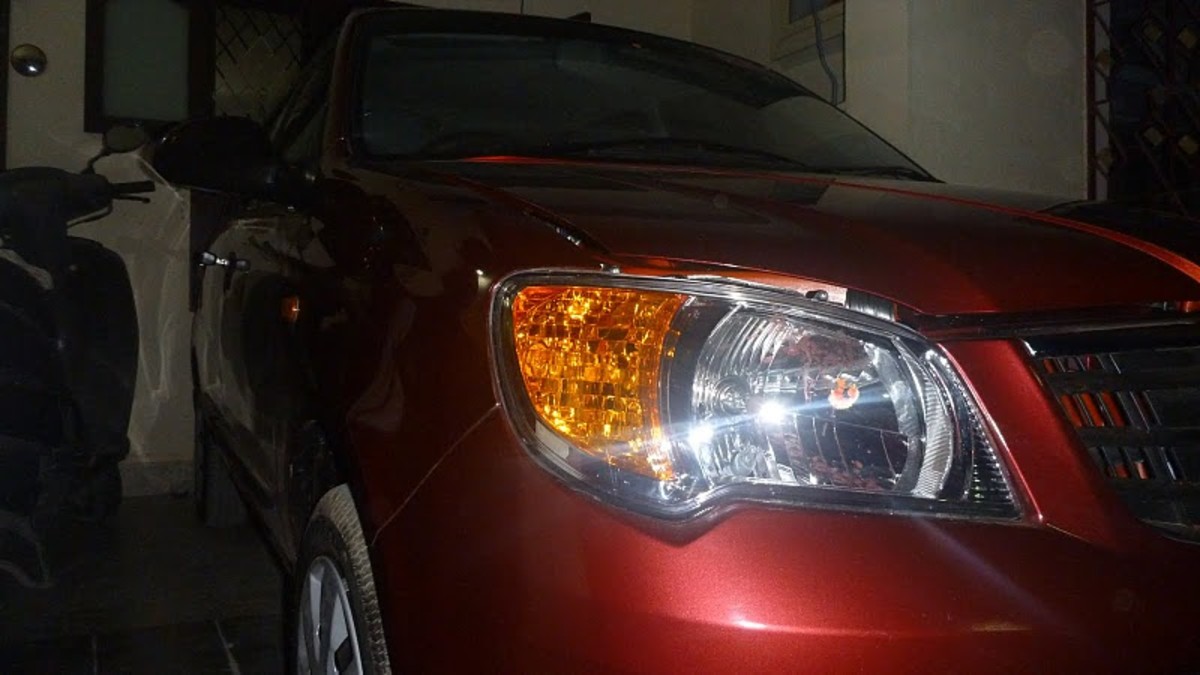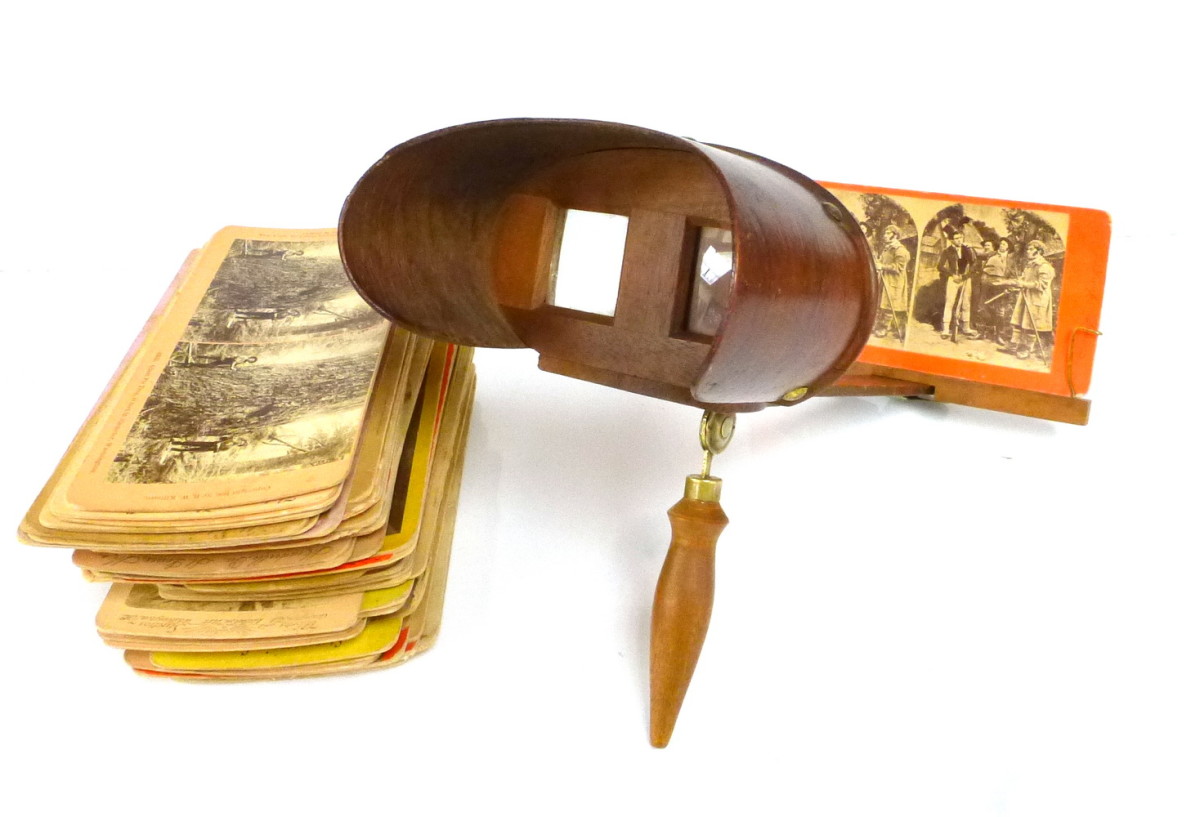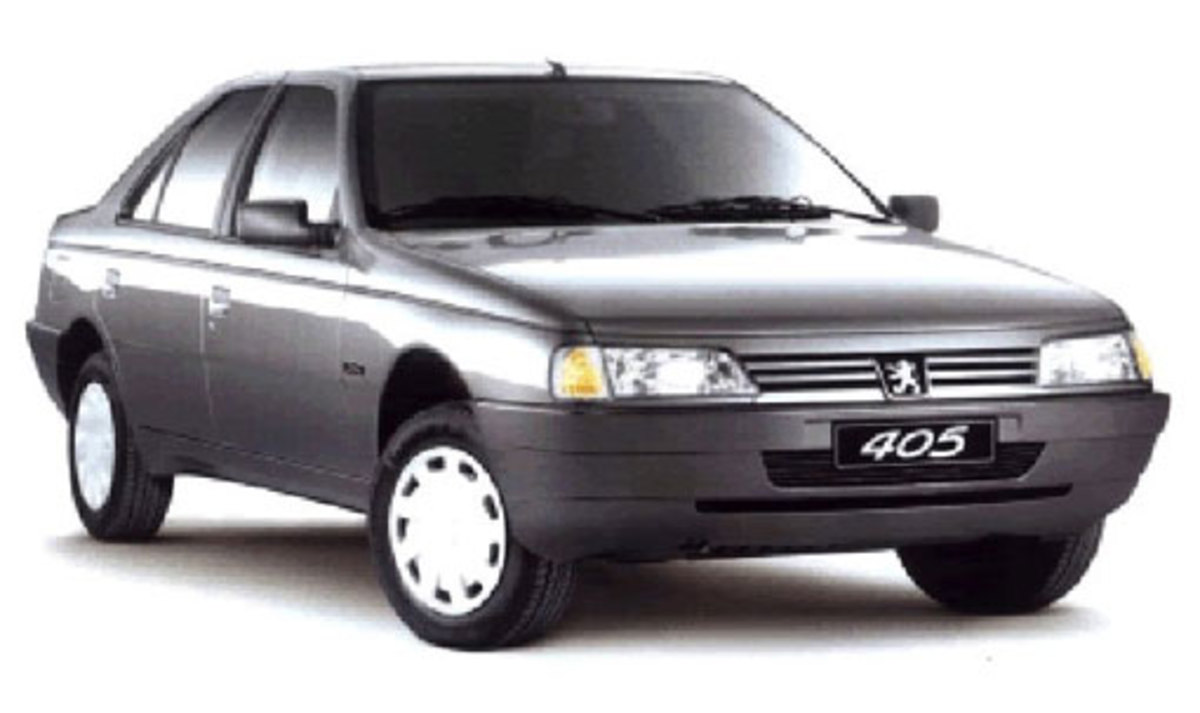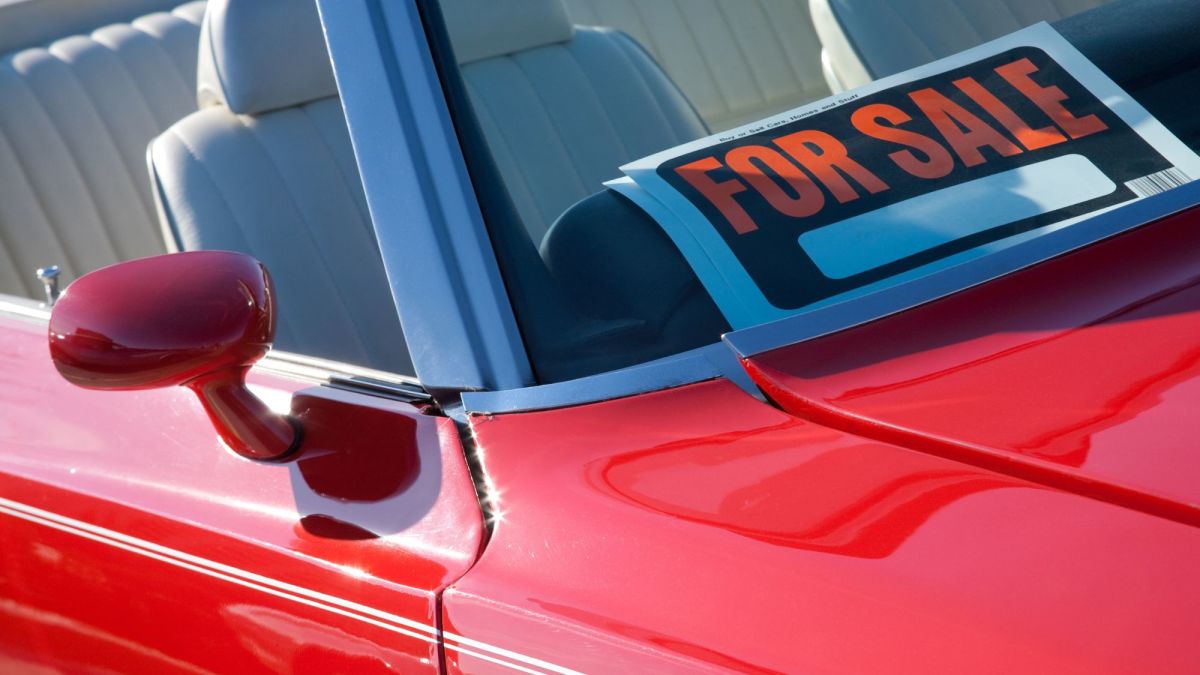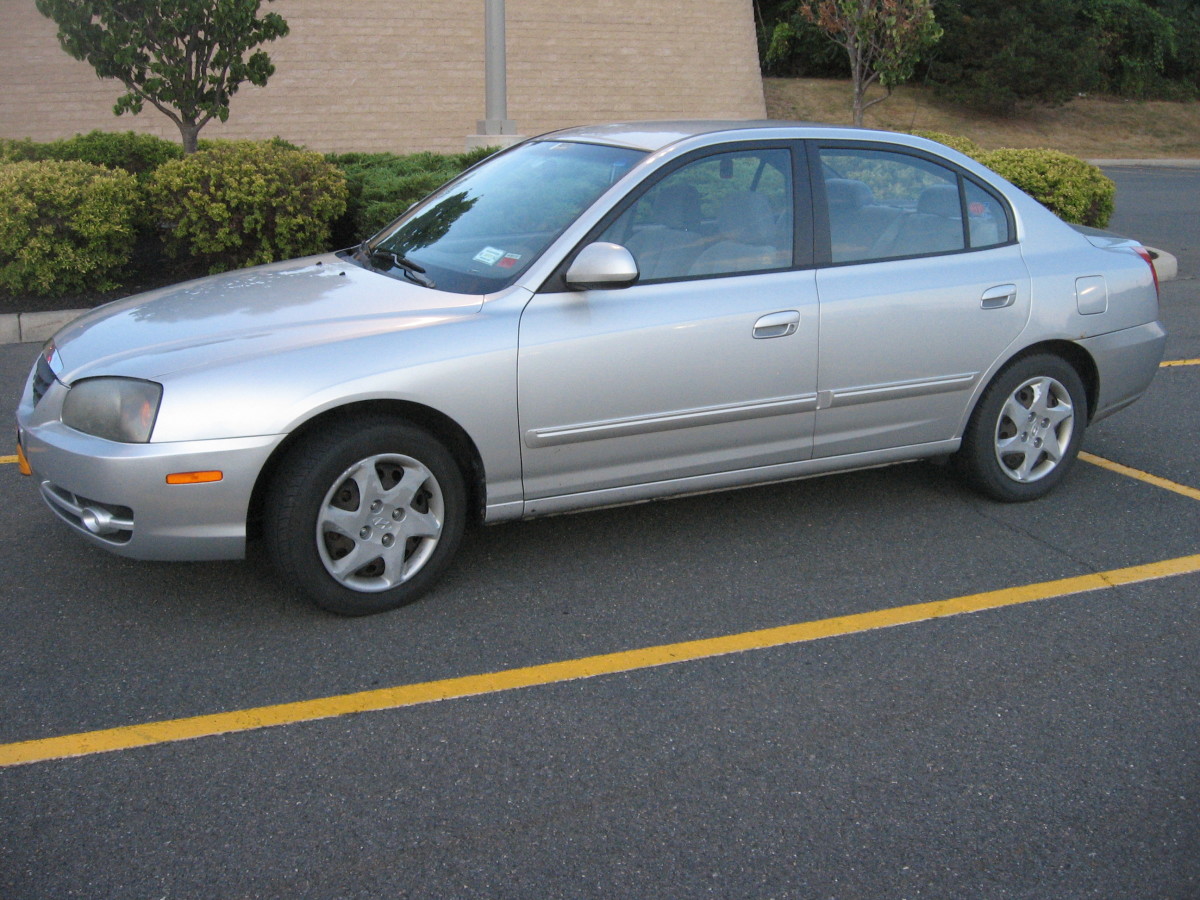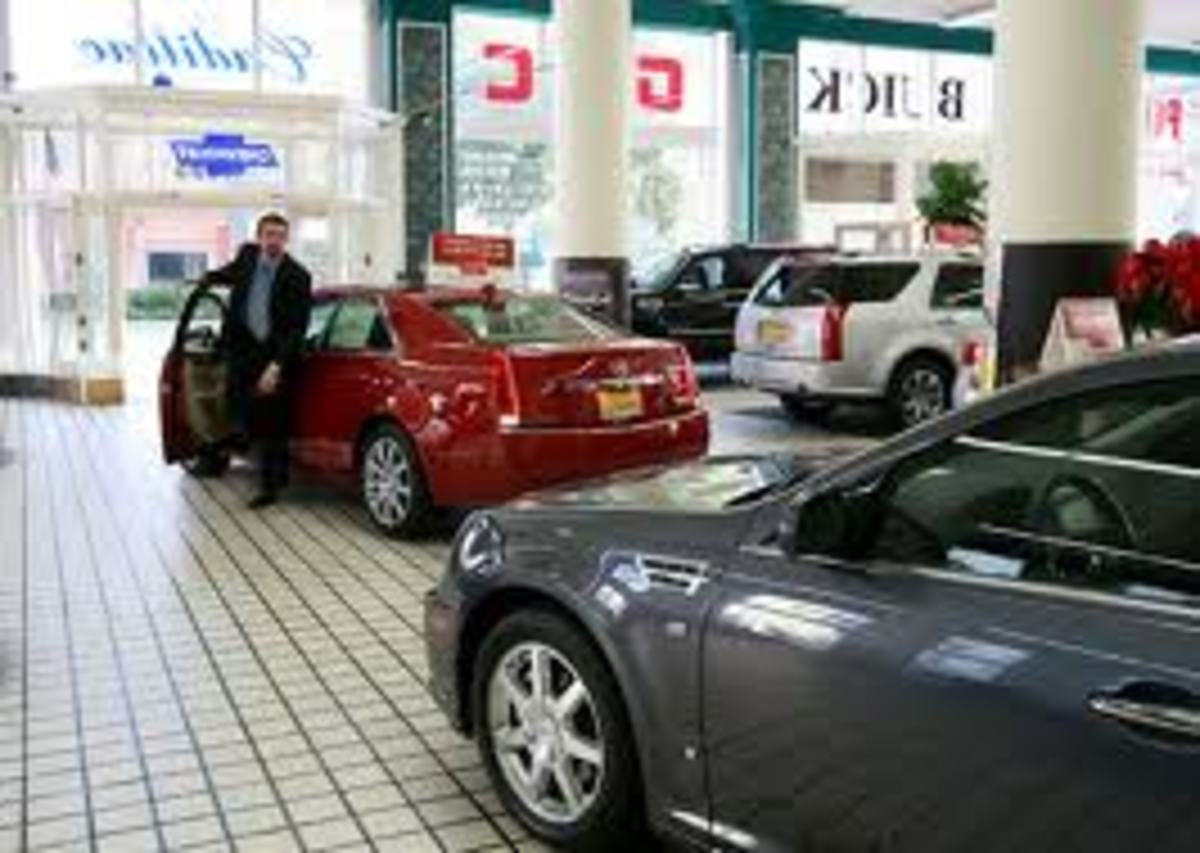6 Tips For Buying A Used Car
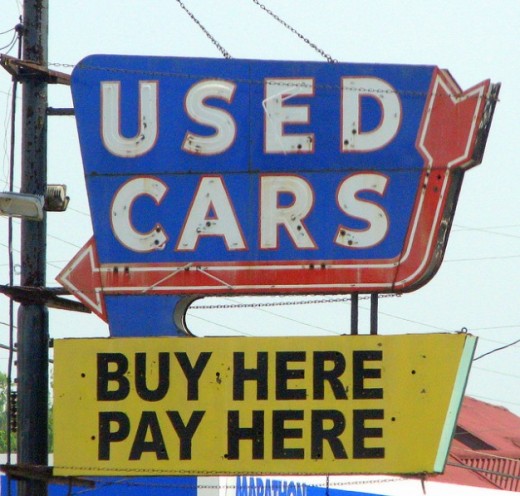
Introduction
At some point or other most of us will learn to drive a car and thus need to buy one at some point. But, for most people the idea of buying a car is nearly as daunting a task as taking the driving test in the first place. Part of the reason for this is that car dealers are notorious for trying to use any means possible to close a deal (even if this means lying and using deception to sell you the car). Thus, when arriving at a car showroom the majority of us are on guard for the salesman in the nice suit trying to sell us something.
However, I am here today to tell you that buying a second hand car needn’t be as stressful a task as you may first think providing you do these basic checks to the car before you buy it. If the car you’re looking at seems to pass all of these checks then you are less likely to be ripped off by the man in the showroom. This does not however mean that it can’t happen still. But the chances of it happening are greatly reduced.
1. Check The Mileage
Perhaps one of the first things that I would look for when buying a car is the mileage of the car. Normally if a car has a low mileage then the dealer will want to inform you of this straight away (and it may even be written on the windscreen of the car). However, you should always be careful when examining the mileage of a car (particularly on older ones) as dealers have been known to tamper with the mileage in order to make more money through selling the car.
Broadly speaking, if the mileage of the car seems too good to be true then perhaps it has been tampered with. For example, if you are looking at a car that is ten years old which has 10 000 miles on the clock then this may seem too good to be true. Although it is possible the mileage could be this low on the car, the chances of it being actually this low seem very remote to me. Of course, the situation could arise that there was only one previous owner who was elderly and used the car very little. But in general, if the mileage on the car seems too good to be true then I would ask the dealer more in depth questions about previous owners.
2. Ask About Previous Owners
Linking in to our previous point, I would say that it is important to ask about previous owners with the person selling the car. The reason for this is because you will not want to buy a car with either too many previous owners or one that has had the wrong type of driver.
As a general rule, if there are a lot of previous owners for a car in a short period of time then this would state to me that there is perhaps something wrong with the car (or it is just not a very good car in the first place).
With regards to the wrong type of driver, I would have to say that as a generalisation the best previous owners that you can have are middle aged females. I know this appears sexist but think logically. Would you rather buy a car that has had two nineteen year old male owners or two forty year old female owners? To me it seems common sense to say the latter as in my opinion they are less likely to have thrown the car about in the same way a nineteen year old male may. However, you have to remember that we are working solely with assumptions here and that every car will have a different history.
3. Check For Full Service History
The third and perhaps most important thing when looking for a car is whether it has a full service history (and history of repairs). It would appear common sense to me that if the car does not have a full service history then the owner of the car was either extremely careless or they have something to hide. For example, a person may not include a history of repairs if there is a recurring problem with the car. It would have meant that they would not have gotten as much money from the dealer in the first place and so obviously they wouldn’t have submitted all of the paperwork.
Another reason why a person may not submit all of the relevant paperwork when they sell the car is because it has been in an accident that they do not want you to know about. Again however, I am basing my conclusions solely on assumptions. Every car is different. However, as a general rule, I personally would not buy a car if there is not a full service and MOT history.

4. Research How Much Similar Cars Are Selling For
This point seems fairly self explanatory, however before buying a car I would say that it is essential to look for a similar car to see if what you are buying is a good deal. Often garages will try and overprice cars and so there is always room for you to try and haggle them down. As a rule though, if the car seems too good a deal to be true then I would say that the chances are it is.
5. Research Faults With The Model Car You Are Buying
This one is not as commonly done, however, through doing this you can save yourself from major repair costs. For example, say you are buying a car with 100 000 miles (which contains a full service history). You check the service history and see that the fan belt has never been replaced. But, when you go on the internet you look and see that the model you are buying is renowned for needing a new cam belt after around 80 000 miles. This would mean that it would be inevitable in the near future that you would have to replace this in the near future if you bought the car. So although it may seem a good price at first, with the added cost of the cam belt you will inevitably have to change it turns out that you could have got a better deal through buying another car. Therefore, I would advise always doing your research on cars.
6. Never Go To Look At A Car In Poor Light
Again, this point seems fairly self explanatory to me. When buying a car I would never advise going to look at it in any other condition than a bright day. This is because you will be able to see any exterior damage more clearly in the light of day.
Another thing that many people forget to check when buying a car is the tire treads. Although this seems rather trivial you have to remember that if they don’t have to replace the tires on a car then the person selling it is not likely to. Four quality tires can easily add two hundred pounds to the cost of buying the car. So be careful.
Conclusion
As a conclusion I would have to say that if you combine each of these things when looking for a car then the chances are that you are less likely to get ripped off by the person selling it. Of course, I know there are other things that you can check for however, I feel that I do not have time to discuss them in this article. Please feel free to comment on your observations. I hope this has at least helped some of you to gain some tips. Also, please be nice with your comments as this is my first hub and i'm still getting used to the site :)

